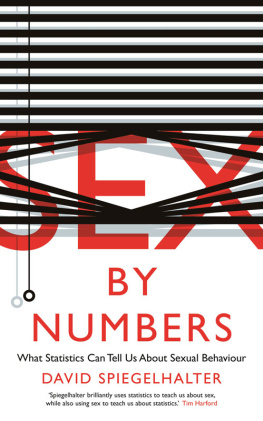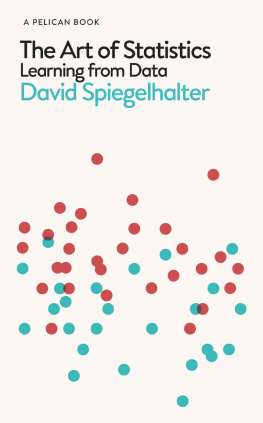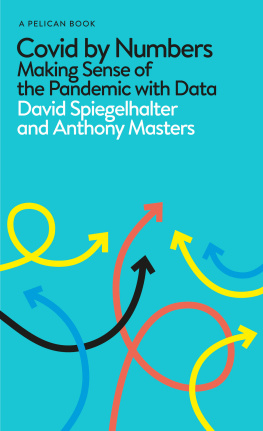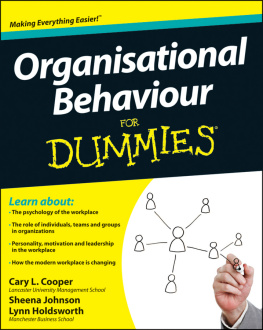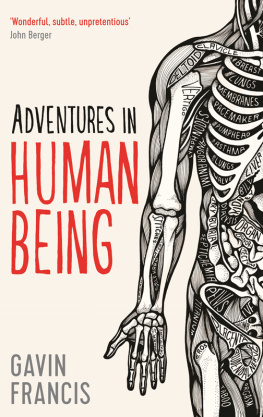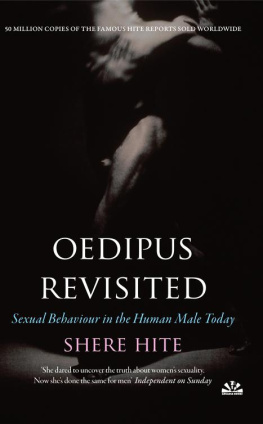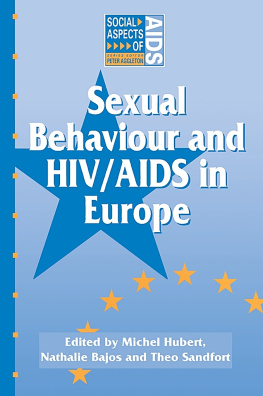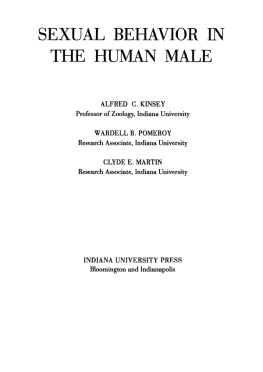SEX BY NUMBERS
DAVID SPIEGELHALTER is Winton Professor for the Public Understanding of Risk in the Statistical Laboratory, University of Cambridge. He is a Fellow of the Royal Society, Fellow of Churchill College Cambridge, has an OBE and knighthood for services to statistics, and in 2011 came seventh in an episode of Winter Wipeout. He is co-author of The Norm Chronicles (9781846686214), also published by Profile Books.
WELLCOME COLLECTION is the free visitor destination for the incurably curious. It explores the connections between medicine, life and art in the past, present and future. Wellcome Collection is part of the Wellcome Trust, a global charitable foundation dedicated to improving health by supporting bright minds in science, the humanities and social sciences, and public engagement.
ALSO BY DAVID SPIEGELHALTER
The Norm Chronicles (with Michael Blastland)
SEX
BY
NUMBERS
The Statistics of Sexual Behaviour
DAVID SPIEGELHALTER

First published in Great Britain in 2015 by
PROFILE BOOKS LTD
3 Holford Yard
Bevin Way
London WC1X 9HD
www.profilebooks.com
Published in association with Wellcome Collection

Wellcome Collection
183 Euston Road
London NW1 2BE
www.wellcomecollection.org
Copyright David Spiegelhalter, 2015
The moral right of the author has been asserted.
All rights reserved. Without limiting the rights under copyright reserved above, no part of this publication may be reproduced, stored or introduced into a retrieval system, or transmitted, in any form or by any means (electronic, mechanical, photocopying, recording or otherwise), without the prior written permission of both the copyright owner and the publisher of this book.
A CIP catalogue record for this book is available from the British Library.
eISBN 978 1 78283 099 3
This book is dedicated to everyone in history who has struggled with sex. And eventually called it a draw.
PUTTING SEX INTO NUMBERS
Does oral sex count as having sex?
Bill Clinton famously claimed on 26 January 1998 that I did not have sexual relations with that woman, Miss Lewinsky, a claim later repeated in a court deposition. It then became known that he had received oral sex from Monica Lewinsky. So did he or didnt he have sexual relations with her?
60%: the proportion of US students who thought that oral sex did not count as having sex
What counts as having sex might seem like a matter of individual opinion, but when Clinton was impeached for perjury in December 1998 only the second time this had happened to a US President it assumed national importance. In the same month the editor of the Journal of the American Medical Association, George Lundberg, fast-tracked a paper by researchers from the Kinsey Institute for Research in Sex, Gender and Reproduction Studies which was then published a month later in January 1999, just before the Senate impeachment hearing.
Figure 1: What 599 US students thought of as having sex in 1991
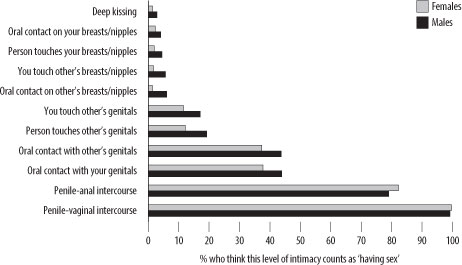
As part of the sex history, the students were asked, Would you say you had sex with someone if the most intimate behaviour you engaged in was shows the responses. Just about everyone considered vaginal intercourse was sex the few men who answered no are presumably waiting for some extraordinary activity before they feel they have gone all the way. At the other extreme, only a few considered that kissing breasts counted as sex. Around one in seven thought that sex had occurred if genitals were touched, while 40% thought oral sex alone was sex, which means 60% thought it wasnt. So more than half would agree with President Clintons claim of innocence.
Statisticians, contrary to popular opinion, are also human beings, and so I am fascinated by the special role that sex plays in our individual lives and society as a whole. Sex occupies a strange boundary between public and private: as President Clinton found out, sex can dominate news headlines yet (usually) goes on in private. We can speculate endlessly about the sex lives of others, but anyone trying to find out what is really going on will face a seriously challenging task.
But there are all sorts of reasons why we might want to know about sexual behaviour. It shapes the societies we live in: demographers, who study changes in population, want to know about sexual activity, and the use of contraception and abortion, so they can predict how many babies will be born and to whom. As we will see later, sexual activity may even shape the gender ratio of a population. Doctors and health researchers want to know what people get up to, and what precautions they take, in order to work out the chances of diseases being transmitted, and to plan the medical services for the unlucky ones. Psychologists may want to know about the quality of sexual activity and peoples satisfaction with their lives. Psychiatrists want to identify and treat disorders, and pharmaceutical companies will want to develop and promote new treatments.
And the rest of us may be simply curious as to where we lie in the extraordinary range of human behaviour. Am I having too much? Not enough? With the right person? Did I start early, or late? Are my experiences different? Or at least, are they really different?
Our sexual behaviour has a profound effect on how we live our lives: how society views you, whom you marry, whether you stay together, your health, whether you have children all of these are shaped by sex. We are right to be curious. And we are right to wonder whether what we are told about sex from government statistics to old wives tales is really what the numbers say.
How can we know what is going on behind closed doors?
To enjoy (or possibly suffer) any of the results of sex, you first have to have it. How much sex is going on? seems like a simple enough question, but a moments pause reveals that it is open to a variety of interpretations. Weve already seen that people have widely varying ideas about what qualifies as sex. Weve left behind (although not that far behind) the time when sex between people of the same gender was not only socially stigmatised but actually illegal, so we can include same-sex sex. But what about solo sex? Whether or not you think that masturbation counts, later on we will count masturbation.
And when we are counting up sexual activities, do we include the (illegal) under-16s and the (legal) over-70s? And then there are different countries and cultures, and even the season can be important we will see that Christmas holidays may be a particularly busy time.
So this simple question of how much sex is already not so simple, and thats before we ask ourselves: how on earth are we going to find out?
A strictly scientific approach might install CCTV in a randomly selected set of bedrooms. This would not only make staggeringly dull viewing for most of the time but would also miss those sudden bursts of passion in the shower or the shed. So maybe we could put head-cams on some willing volunteers? Unfortunately, anyone who signed up to this experiment is hardly likely to be a representative sample of the population, and I doubt whether the study would get through a research ethics committee (although we are going to meet some very bizarre studies that presumably someone approved). And even if it did, this monitoring might encourage unusual performance, whether hesitancy or exhibitionism the so-called Hawthorne effect, when just scrutinising an activity changes what is done. Just think of
Next page
